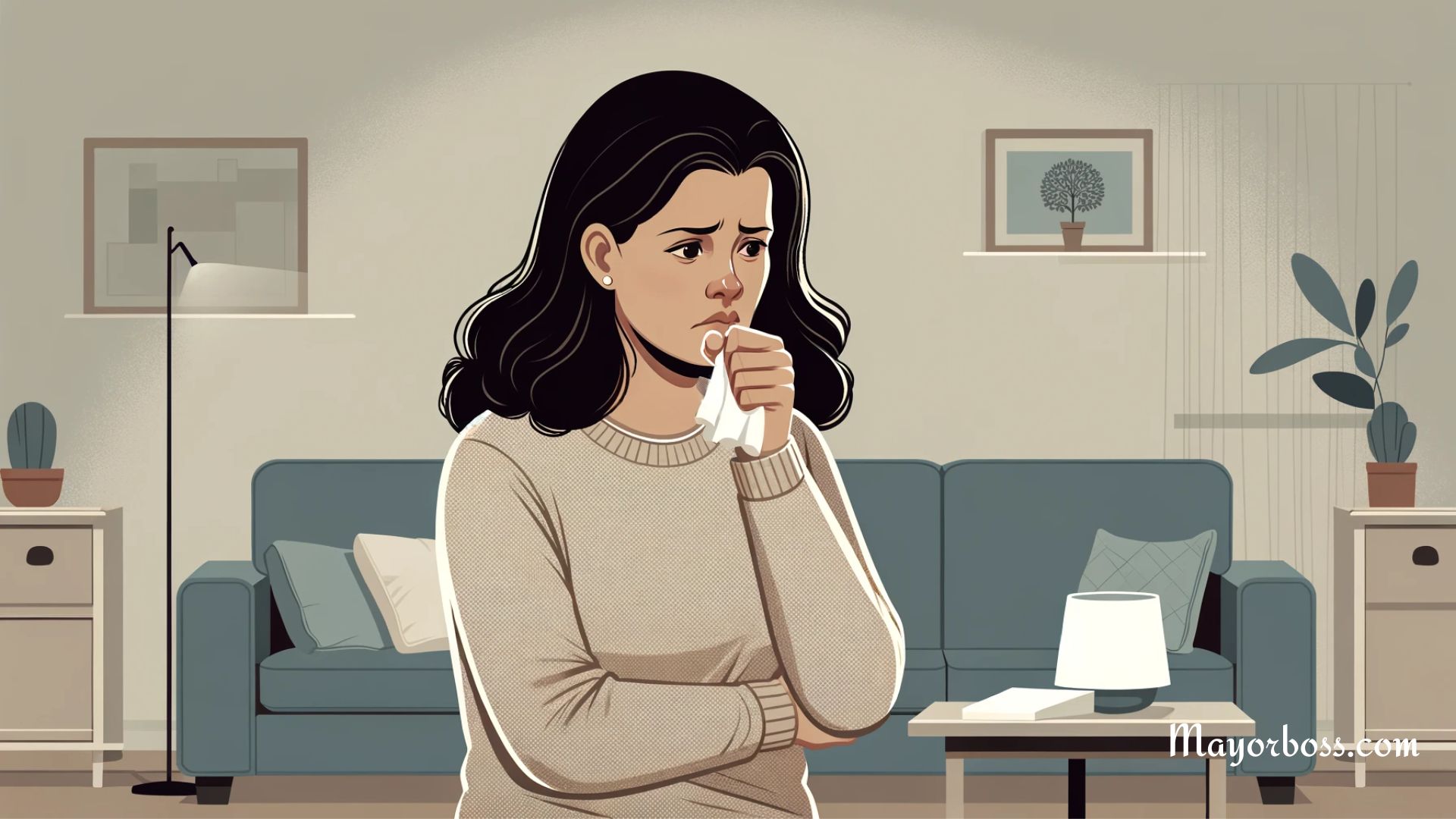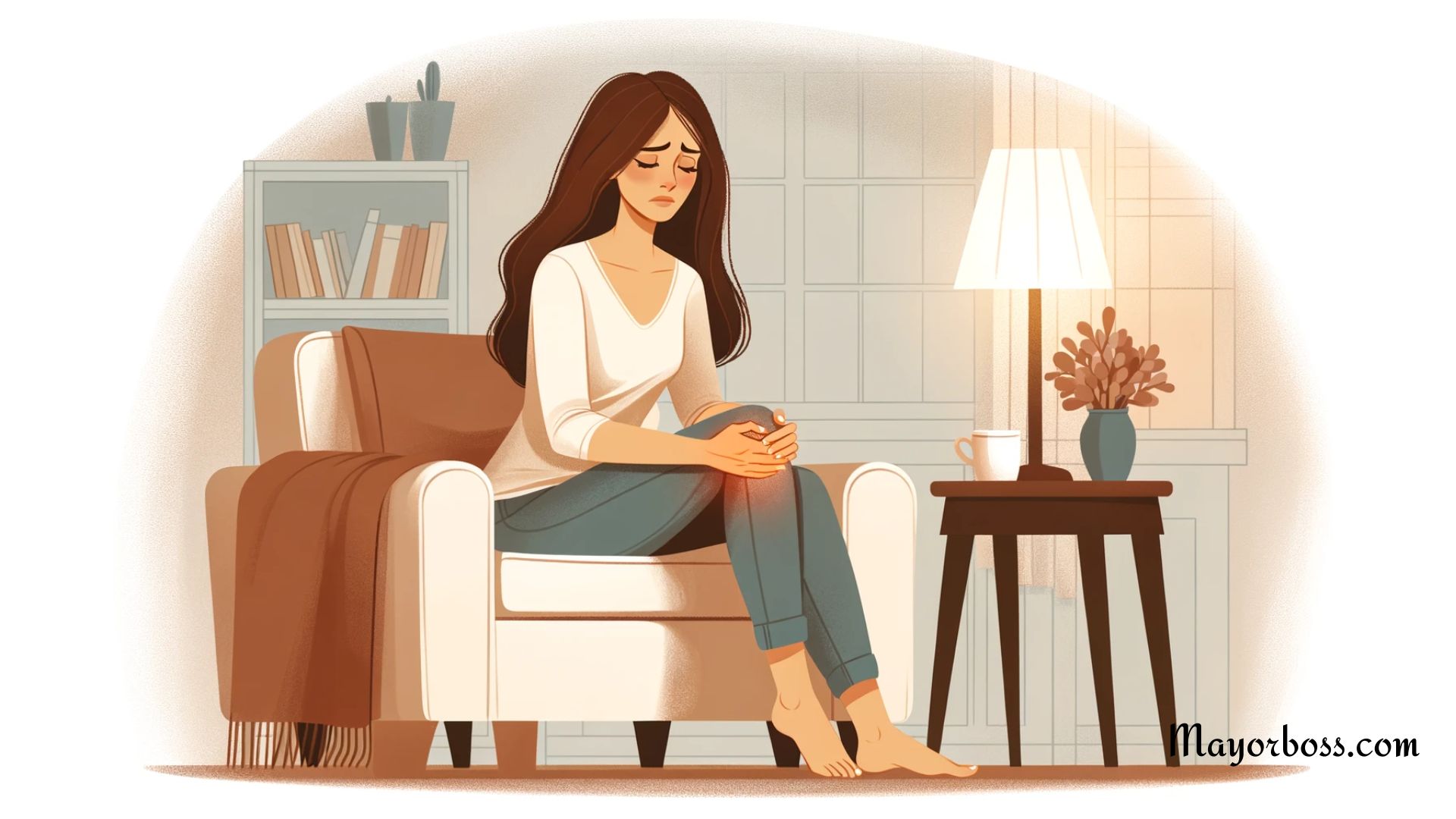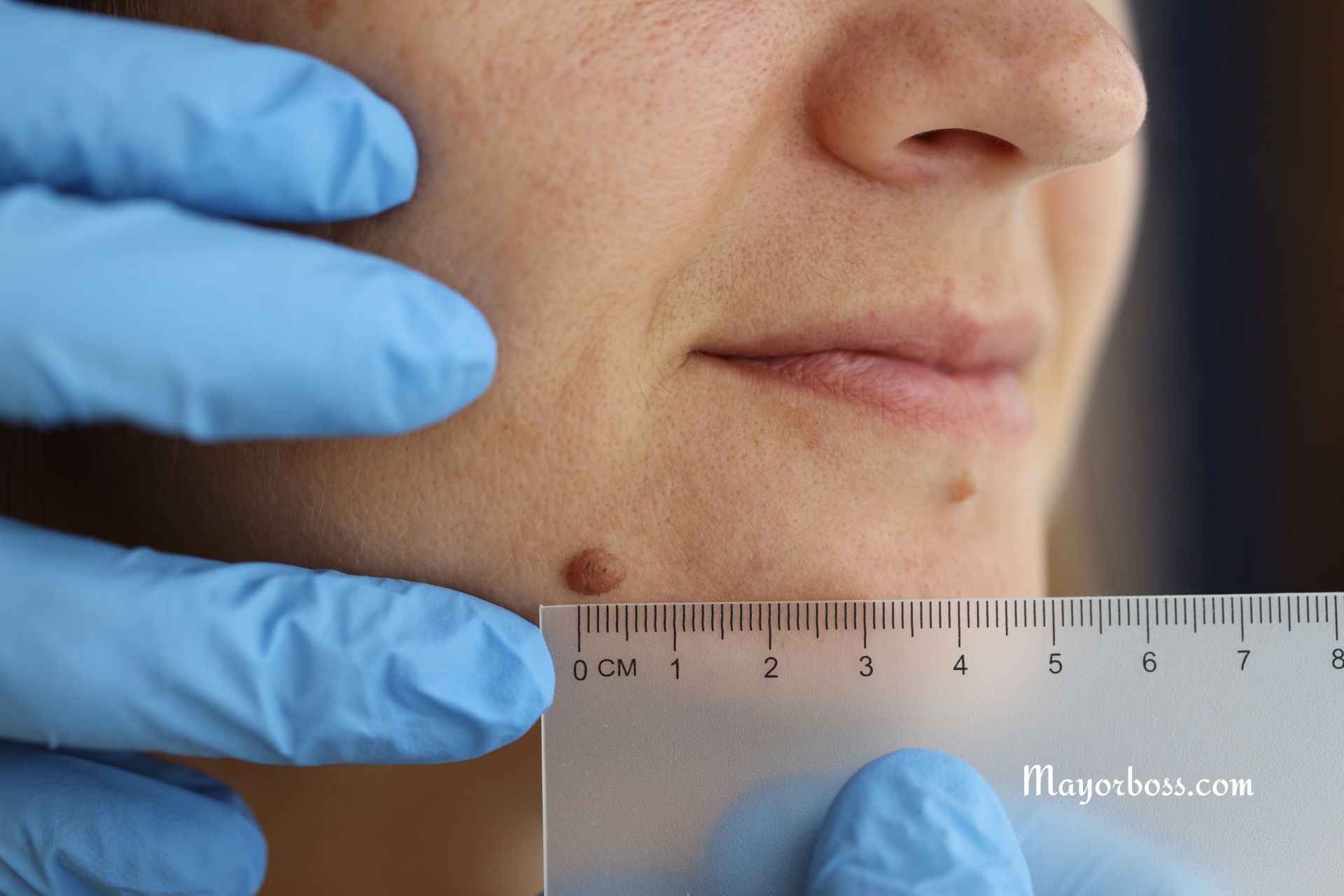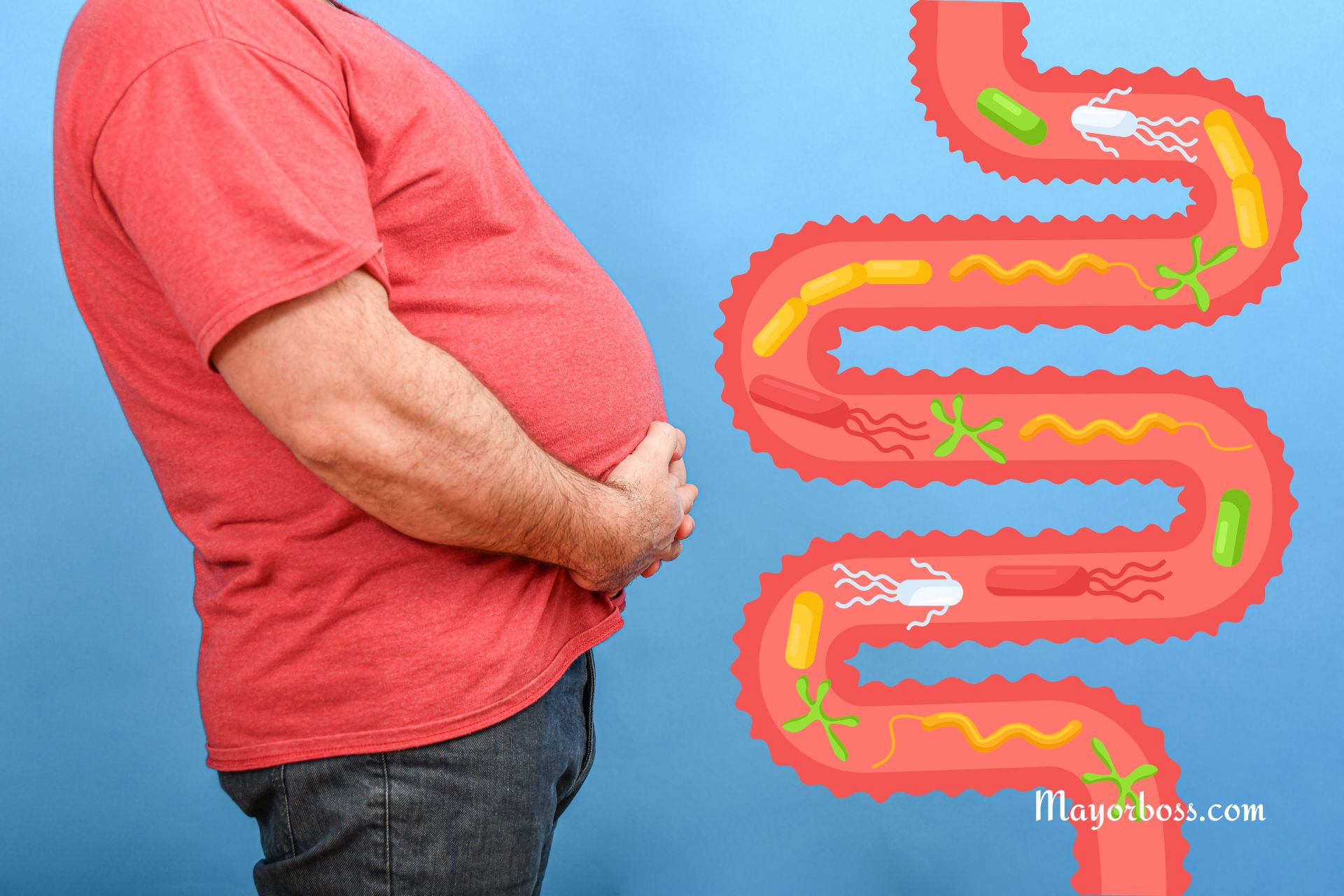Surviving a Heart Attack While Alone – PLEASE READ
A heart attack can strike suddenly, often without warning. During those first few minutes, the steps you take may help save your life. Being alone makes this situation even more challenging since there is no one around to call for help or support you. But do not panic. In this article, Dr. Natalia Hapych, a certified family medicine physician, will explain how to recognize the signs, what to do immediately, and why getting quick help is so important.
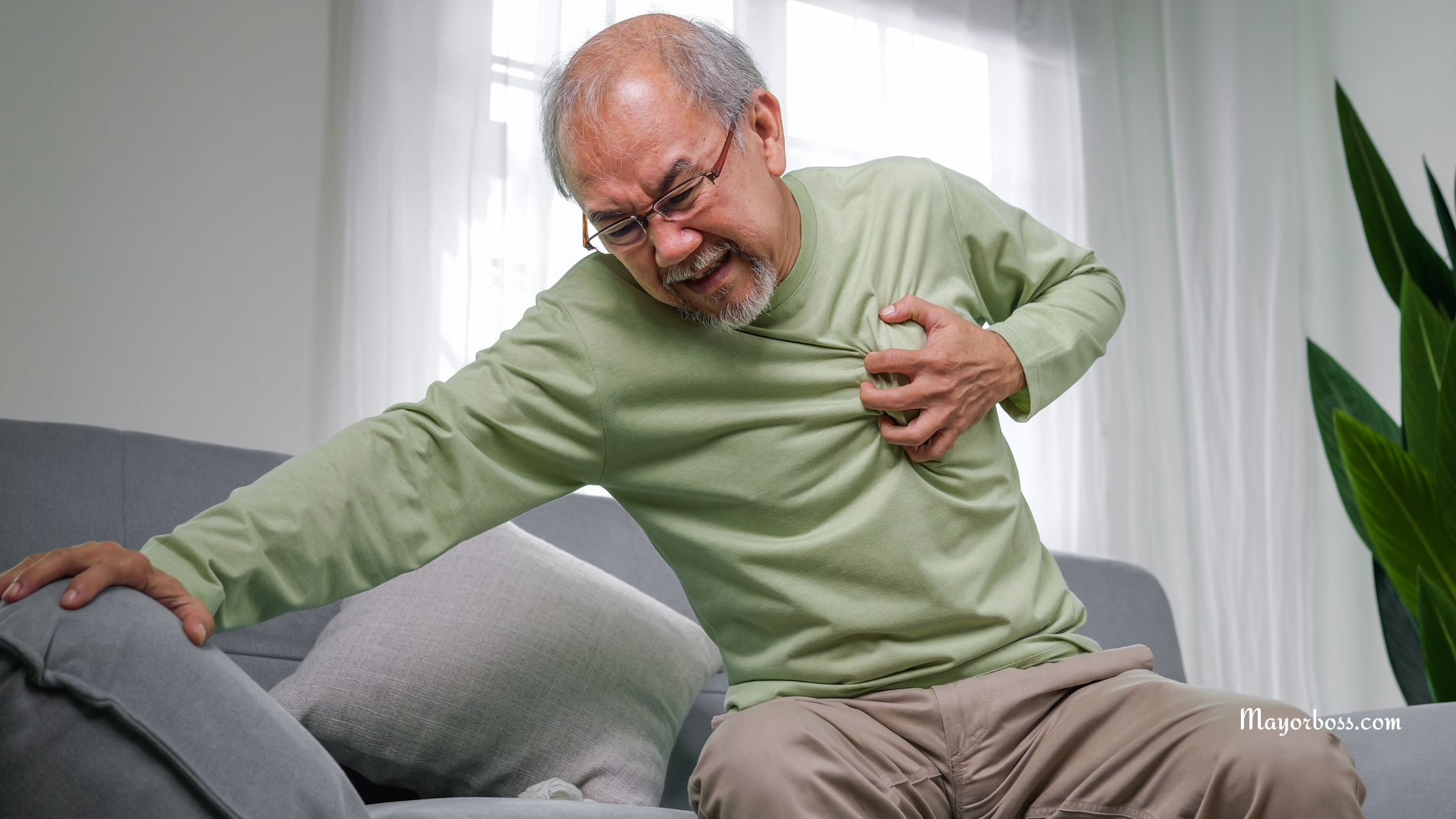
Recognize the Signs of a Heart Attack
The first and most important step is to understand the warning signs. According to Dr. Hapych, some common symptoms include:
- Intense chest pain or pressure: Often described as a squeezing or heavy feeling in the chest
- Discomfort in upper body: Pain may spread to your arms, shoulders, neck, jaw, or back
- Shortness of breath: Feeling like you cannot catch your breath
- Cold sweat, nausea, or lightheadedness: Sometimes people feel dizzy or break into a sudden sweat
“Not everyone experiences the same symptoms. Some heart attacks are less obvious, with mild pain or discomfort rather than intense pain,” Dr. Hapych says. “Do not dismiss any unusual feelings in your chest. If something feels off, it’s better to act than to ignore it,”.
Steps to Take Immediately
If you suspect you are having a heart attack, time matters. Delays can make the situation more dangerous. Dr. Hapych says that you should seek help right away.
1. Call Emergency Services (911):
Even if you are alone, the first thing you should do is call for an ambulance. In most cases, dialing 911 connects you to emergency medical services. Tell them you think you are having a heart attack. They can give you advice on what to do next and start help on the way. Stay on the line until they tell you to hang up.
2. Take Aspirin (If Recommended):
If you have aspirin on hand, Dr. Hapych recommends chewing a regular-strength aspirin (around 325 mg). “Chewing it rather than swallowing helps it work faster,” she explains. Aspirin helps by slowing blood clotting, which could limit damage to your heart. But only do this if you are not allergic and have no other medical reason to avoid aspirin. If you are unsure, it might be safer to wait for medical help, but in many cases, taking aspirin can be beneficial”.
3. Unlock Your Door and Stay on the Phone:
If possible, unlock your front door. If you lose consciousness, this step could help medical workers reach you faster. Keep your phone near you in case the emergency dispatcher gives more instructions or if you must answer their calls.
4. Sit Down and Stay Calm:
Try to stay as calm as you can. Sit down, preferably on the floor or in a position where you will not fall if you become faint. Take slow, steady breaths. Dr. Hapych says anxiety and panic can speed up your heart rate and possibly worsen your condition, so do your best to remain as relaxed as possible.
Why Quick Action Saves Lives
Acting fast during a heart attack can reduce damage to your heart muscle. When blood flow to the heart is blocked, parts of the heart muscle begin to die. The longer this goes on, the more damage is done. Treatments given by emergency professionals, like clot-busting drugs or surgical procedures, can restore blood flow. The sooner you receive these treatments, the better your chances of surviving and preventing long-term heart damage.
Quick action also helps emergency medical technicians (EMTs) prepare the right kind of treatment for you before you even arrive at the hospital. For example, if you have already taken aspirin, the medical team knows you have started basic first aid. If your door is unlocked, they can reach you sooner.
Simple Lifestyle Steps to Lower Future Risk
If you survive a heart attack or if you are worried about one, there are steps you can take to lower your future risk. According to NHS and the American Heart Association:
- Keep a heart-healthy diet: Focus on fruits, vegetables, whole grains, lean protein, and healthy fats like those in fish or nuts.
- Stay active: Even moderate exercise, like a brisk walk, can strengthen your heart. Aim for 30 minutes a day, most days of the week.
- Avoid smoking: Smoking damages blood vessels, making it harder for blood to reach your heart. Quitting is one of the best ways to reduce your risk.
- Control your blood pressure and cholesterol: Work with your doctor to keep these levels in check.
- Maintain a healthy weight: Carrying less extra weight reduces strain on your heart.
- Manage stress: High stress can raise blood pressure and affect your heart health over time.
The Takeaway
Being alone during a heart attack is frightening, but knowing what to do can give you some control. By recognizing the signs, calling emergency services, taking aspirin (if safe), unlocking your door, and staying calm, you can improve your chances of survival. If you have ever had heart issues or risk factors, consider talking to your doctor about what you should do if a heart attack happens. Keeping emergency numbers handy and telling close friends or family where you keep your aspirin can also help.

